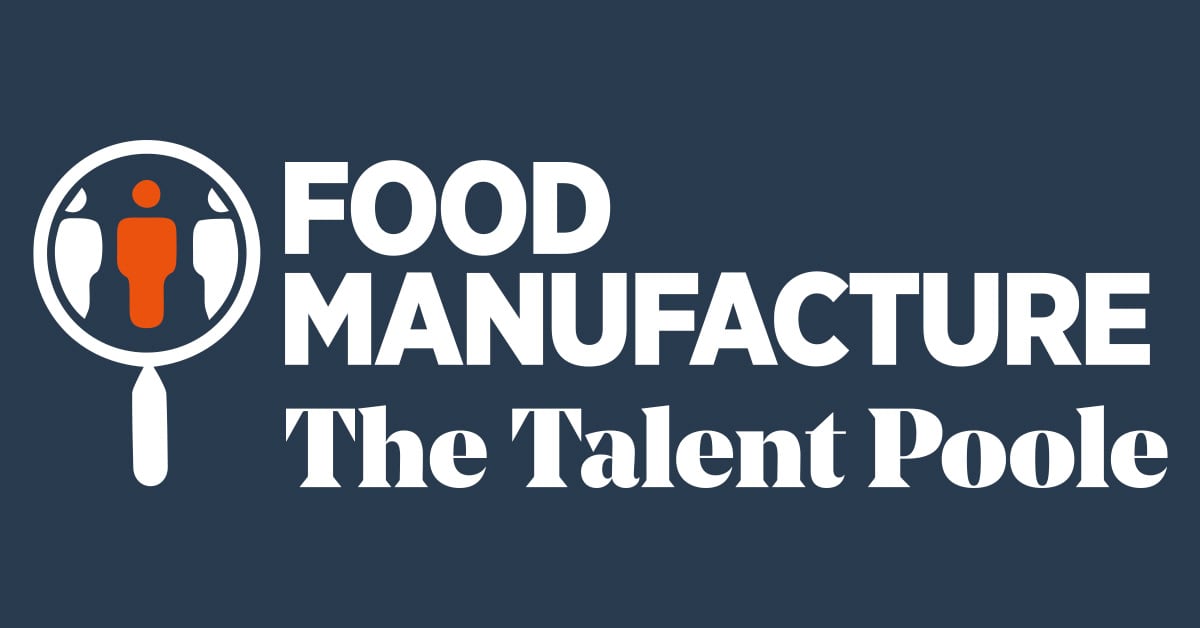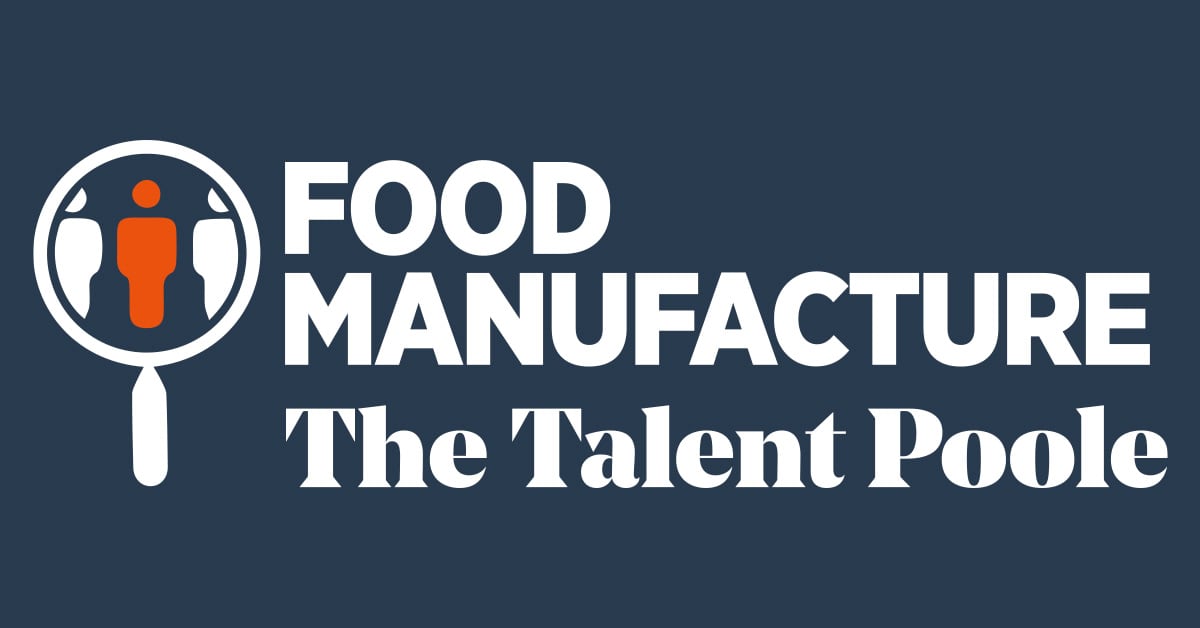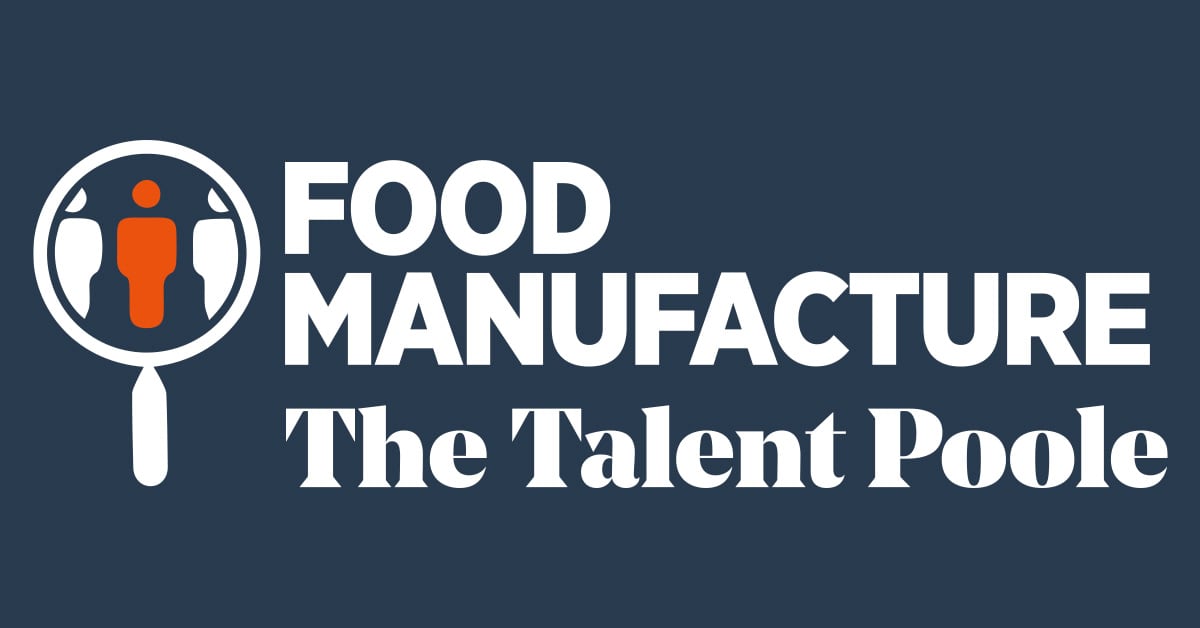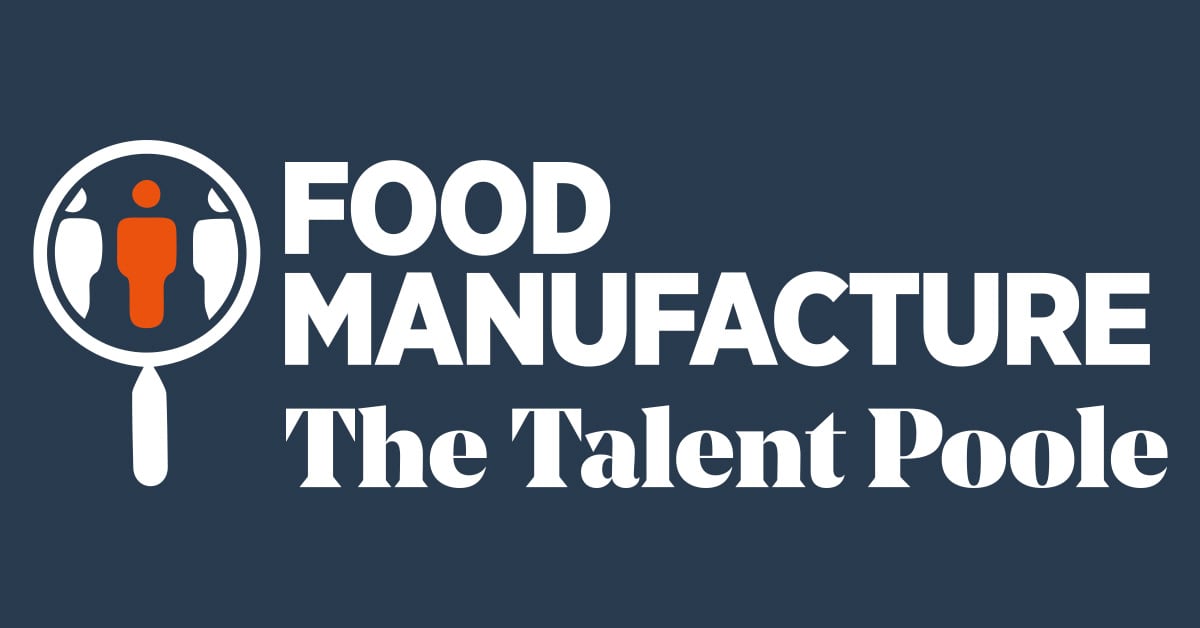The nature of food crises
Anyone who has worked in the food sector will be well aware of the wide-ranging potential risks that are inherent at all stages in the production process. These include risks from foodborne pathogens, physical and chemical contamination and, sadly, a subject seldom out of the headlines at the moment, allergen cross-contamination.
Add to this, risks associated with the supply chain due to world conflicts, pandemics and of course, food fraud. Many of these, thankfully, do not end up becoming crises because responsible food businesses put in place processes to minimise/negate the risks, for example through the application of rigorous HACCP procedures and through thorough ongoing training of staff.
What makes a situation a crisis is its unforeseen or unpredictable nature. This was a something Luker Chocolate faced in 2022 when it became evident that one of its key ingredients, soy lecithin, was most likely contaminated with traces of peanuts.
Chu recalled when the business first realised they were facing a potentially critical problem: “We picked up an alert via the European Rapid alert System (RASFF) that batches of soy lecithin originating from India had been found to be contaminated with traces of peanuts. We realised ‘Oh my God, we could be impacted by this!’. Our main supplier is based in Spain, but we also have a lot of other suppliers all around the world.
“When we analysed our traceability records, we realised our supplies were affected. Given over 90% of our chocolates contain soy lecithin, this was a big issue for us.”
Keeping a cool head
People can react quite differently when faced with a crisis. It is vital, however, that the key leadership group can remain focused and able to think rationally about the best courses of action.
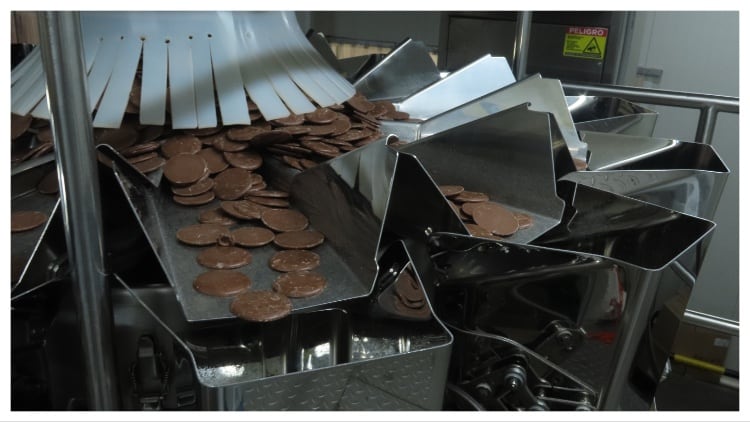
Chu started to realise the enormity of the issue: “In the initial moments I think I was calm but, as the minutes went by, I started to realise that this could easily get out of control. Although my role was (and still is) new business development, eleven of the fifteen years I’ve been working at Luker have been on the technical side. My background therefore meant I had specific knowledge about the operations. Others in the team were clearly concerned but I had experience which I knew would be needed, so I was able to keep relatively calm and so, I think, calm others.”
Getting to grips with the scale of the problem
When a crisis hits, it’s important not to make knee-jerk reactions which may prove unfounded and could even potentially exacerbate the situation. So, while the temptation is to take immediate action, the best first steps are to rationally establish the true scale and shape of the problem.
Chu quickly started to see this was not going to be straightforward: “Traceability issues are always complex, and we therefore needed to gather the evidence. Our chief executive called me into his room – I think he was interested in understanding two perspectives – primarily the operational angle but also the market perspective. At this stage we only knew that we had a contamination, but we didn't know the causes. So, we initially needed to conduct a whole series of lab tests using labs here in Colombia but also in the US and in Europe to make a triangulation of the results. At the trace levels we were talking about, it can be very difficult to detect.”
Planning for a crisis
Most responsible food businesses will have in place a crisis management plan, setting out actions and responsibilities should a crisis hit. This is particularly important for several reasons. Firstly, as already mentioned, people can react quite differently and, potentially irrationally, in a crisis. Having thought through the best approach to a crisis prior to an event, in a calm and unstressed environment, means you can develop clear processes to follow at a time when things may be more chaotic. Secondly, it can save valuable time because people will quickly know their roles and responsibilities.
Time was certainly of the essence for Chu and the others in the team: “We needed to get the lab results turned around as quickly as possible – until we had a clear understanding from the lab results, we were unable to continue with production. So we each actually flew with our samples, personally, to the labs – just to speed things up.”
The need to remain flexible
As the saying goes: ‘If the plan doesn’t work, change the plan’. And so, a third reason for having a crisis management plan is that you then have something to change. This may seem paradoxical, but a plan gives you a firm basis on which to make decisions, including how and when to diverge from the plan.
In Luker Chocolate’s case, the change was around communication, as Chu explained: “According to our plan, we needed to immediately communicate – to the market, our PR agencies, with our insurance companies and with the whole team. But in the early stages, we didn’t even know the scale of the problem. We realised that to communicate widely at this early stage would have just created panic. So we decided to move away from our plan until we had a better understanding of the situation and update our clients directly with concrete findings. Bear in mind, at that stage, even the European regulators didn’t know the scale of the problem.”
As Chu was keen to highlight, this ultimately proved to be the right approach: “When we did communicate, we obviously wanted to see the reaction of the market – about the steps we were taking. This crisis was both a food safety issue but also one of preserving our brand reputation. Customers – especially those in the UK – were really appreciative – they thanked Luker for being the first supplier to communicate with concrete information.”
Keeping on top of developments
From the first signs of a looming crisis, it is critical for those responsible for managing the situation to meet on a frequent basis – to keep a watchful eye on developments. This was certainly part of Luker’s plan.
“At the start, we needed to meet on a daily basis but, further down the line, we moved to weekly meetings. Sometimes there was little we could do, for example, while we were waiting for the lab results.”
Learning from the crisis
Rather than merely surviving a crisis, a business needs to use the experience to learn and strengthen its systems and processes. Chu agreed: “I would say the first learning for us was that we still recognised having a plan was important. It doesn’t matter if, ultimately, you only use 40% of the plan, but we will continue to make improvements to it with each crisis we encounter.
“A second key learning for us is about measured communication. After a previous crisis, we had concluded that we needed to communicate everything, so we changed our plan to reflect this. Now, we’ve realised communication has to be measured and carefully calculated.”
Chu highlighted a third, more technical learning from this crisis which has had a more fundamental impact on the business: “We have learnt about the importance of continuing to invest in traceability programmes. It is a huge expense but, in this crisis, it was traceability which lay at the core of the solution. We are investing in new technologies such as AI and blockchain. We are also investing in our people so that we have the in-house capability to undertake our analytics.”
If you enjoyed this exclusive column, why not read our last edition of The Talent Poole here, where Jon Poole shares his own leadership experiences and reflects on some of his past guest leaders.
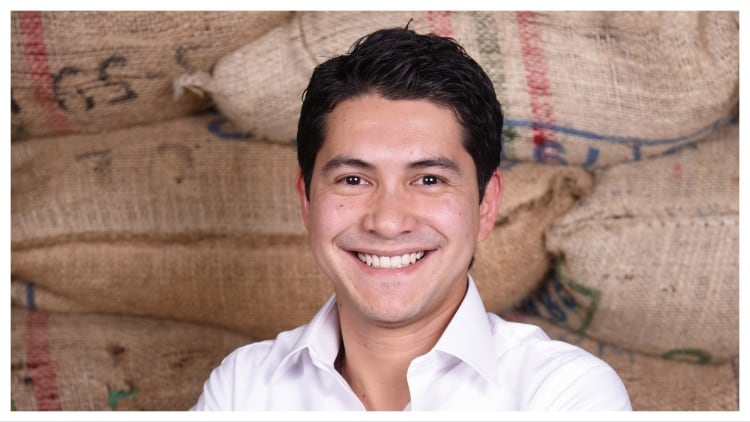
Cristian Chu
Cristian is an electronic engineer, with a masters in logistics and operations and an MBA. He has over 15 years' experience in food manufacturing and supply chain operations. At Luker Chocolate, he led the supply chain for B2C and B2B operations until 2020. Now, he leads the company’s internationalisation strategy as VP of new business development for B2B markets.
As the new business lead, Cristian oversees the company's entry into new markets and development of new client opportunities, helping his teams to be successful in sharing Luker’s unique product amongst manufacturers and brand owners. Cristian also leads new product development and packaging. He has been instrumental in Luker’s global expansion process, both from the supply chain and market perspectives.

